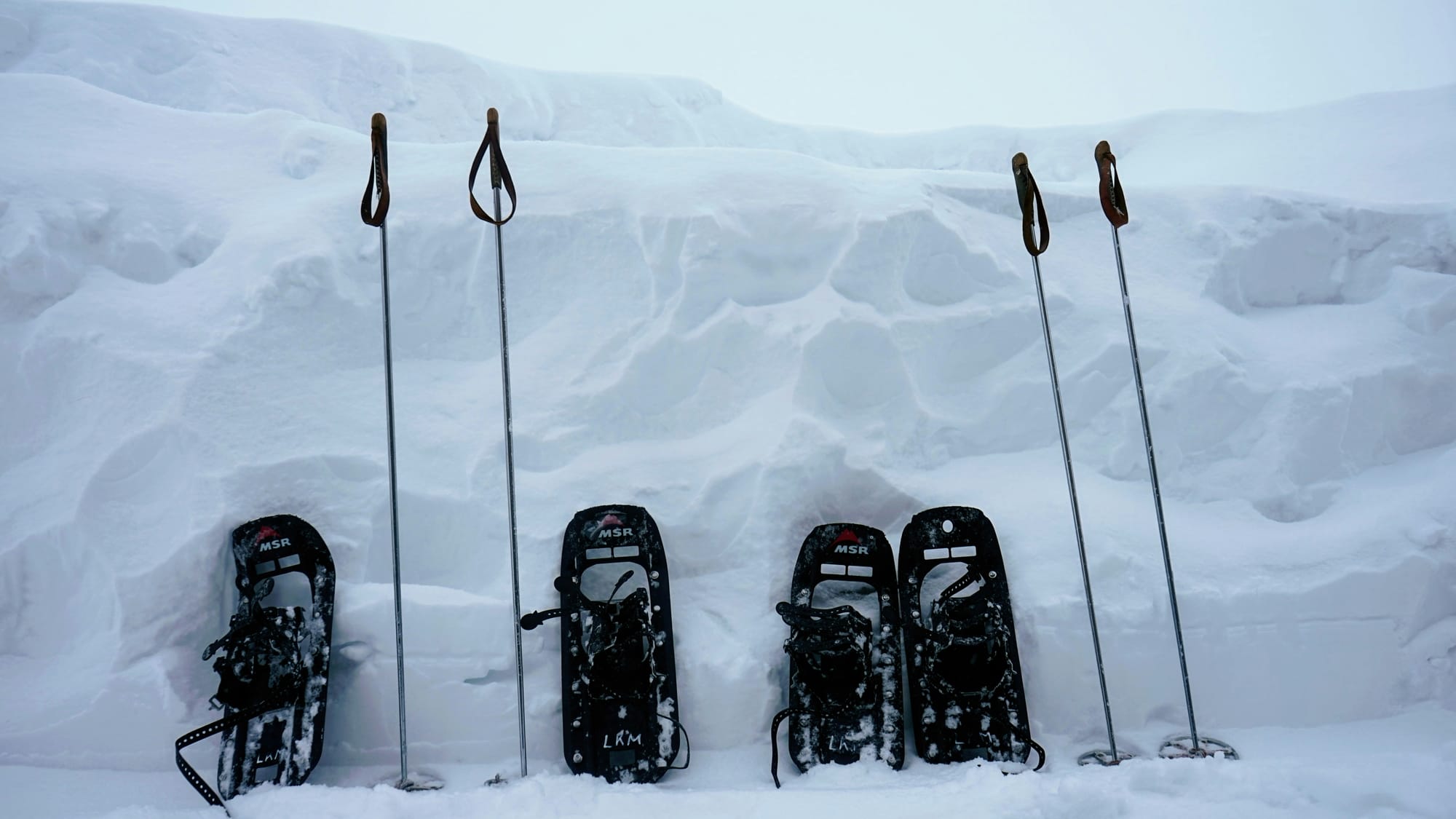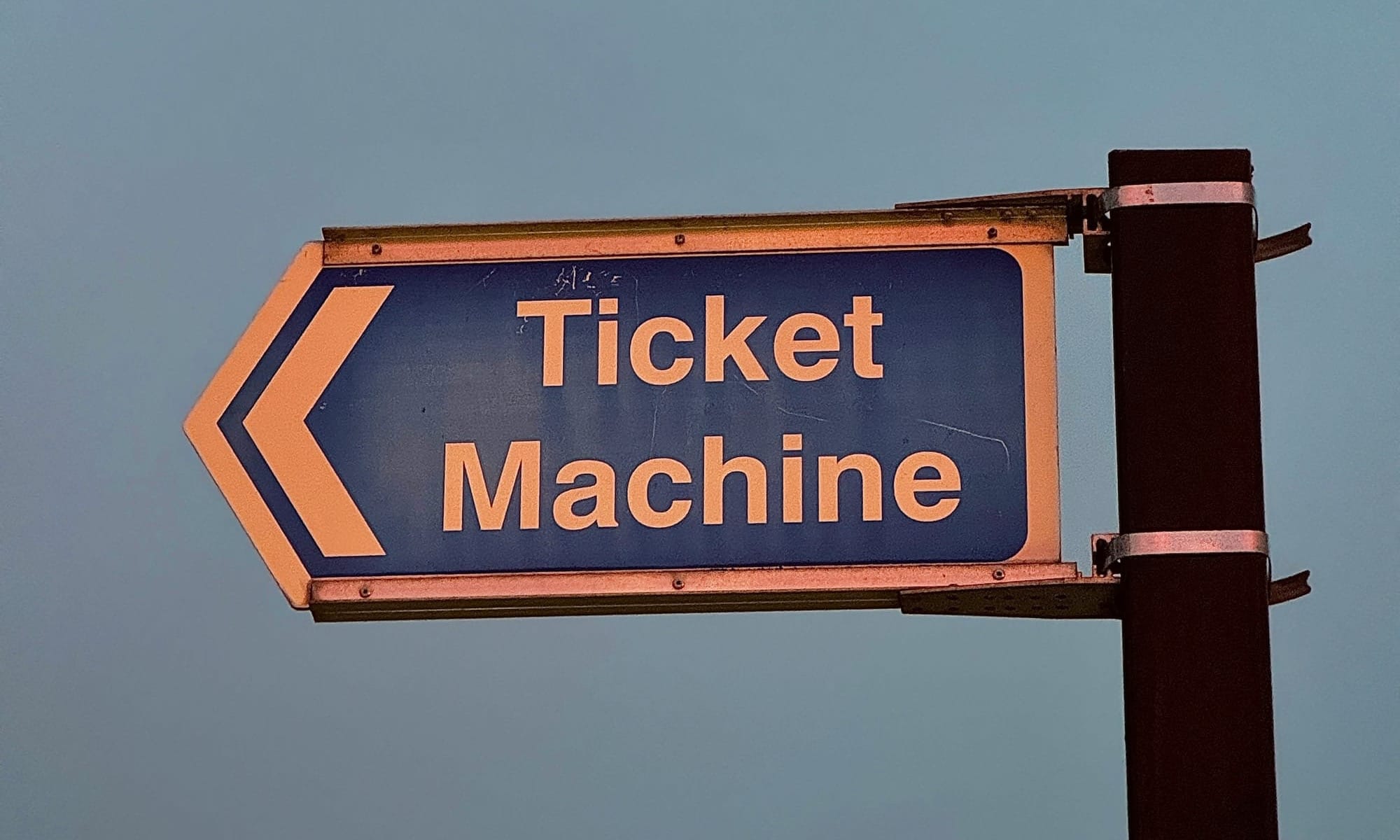Snowshoes, scams, and screwing up

One of the scary things about being human is our immense power to convince ourselves that we are right, or to be blithely unaware that we are wrong.
Forgive me if I’ve told this story in some other post: It looms rather large in my psyche! Pre-grandchildren, husband, golden retriever Theo, and I went out for a snowshoe in Minnesota’s Boundary Waters Canoe Area Wilderness. Nothing huge—we planned a 5-mile circular trip, including about a mile walking on a road to get back to our starting point and car. The area, from the Angleworm Portage entrance, to the Hegman Lake pictographs and out, was familiar to us from previous summer and winter excursions. We figured the whole venture would take about three hours max, so parked at our starting before 1:00, given sunset at 5:00.

Screwing up on snowshoes
At the end of the mile-long Angleworm Portage there’s a not-well-marked Y heading you either to Angleworm Lake or to Trease Lake; the latter leads to Hegman. Easy enough! Left goes to Angleworm, right to Trease. We went right. Getting from the woodsy path to the lake, we set off. Following our map, we observed the expected narrowing of the lake, but not the pictographs. So on we went at my urging, surprised it was taking so long. Finally, Grant got out a compass, and determined that we were headed roughly north. I, convinced were headed south as intended, said, “But wait, do you read the red end of the needle or the white end?” Grant maybe wasn’t 100% certain. But he knew one thing: “If we’re headed south,” he said, “why is the sun behind us?”
That finally jolted me into awareness—somehow we were on Angleworm, not Trease. Unfortunately, it was too late. The sun was setting. We hiked back as long as we could see our footprints, using the trick of looking out of the corner of our eyes. But eventually we had to stop walking so we wouldn’t get more lost. Luckily we had packed one sleeping bag. Unluckily, we were not skilled winter campers. Smart campers would have pulled down pine boughs to lie down on to stay dry and a little insulated. (They would have brought a lot more equipment, too!). Anyway, the three of us survived the night huddled together under the one blanket. Very luckily we found in the morning that we were right where our tracks took us back toward the portage—also very luckily the temperature stayed relatively warm overnight—no colder than 20 degrees—and it didn’t snow to obliterate our tracks.
But wow—my own power to convince myself that I was right! And to ignore relevant information. And to not question my assumptions…oof. But it’s not just me—this is a pretty classic example of confirmation bias, which is “people’s tendency to process information by looking for, or interpreting, information that is consistent with their existing beliefs.” And it could have killed us.
This event happened early in my graduate training (when I was in my late 40s), and it shaped my understanding of epistemology (the study of knowledge) and philosophy more generally, including my deep appreciation of David Hume, who argued that many of our beliefs (those that are not based on closed systems, like math or logic) are based on habit: We know that the sun will rise because it has risen every morning. (And the other part of the story: don’t be so sure (!), because it’s perfectly conceivable that it won’t rise). Also to the Pragmatists, who advise looking at the world to see what’s what (that sun behind us!).
Confirmation bias doesn’t tell the whole tale, however. Personality quirks, such as cockiness or defensiveness (or, more elegantly, “pride, shame, hubris, and ego”); personal history, like typically being right, say on test answers; or circumstantial or temporary factors can all lead us astray. My very recent experience getting scammed for $368 highlights some of these factors.

Screwing up online
When I read the rave review of the Guthrie Theater’s production of Cabaret, I got excited to go—Cabaret is wonderful and chilling when it’s about Nazis, and now its broader messages are shockingly apt—and I could justify the expense because it could be my birthday present! So I immediately went online to get tickets, arriving at a site that featured the Guthrie logo, seating charts, production dates, etc., and I proceeded with the order. It seemed odd that I was getting tickets “in Row J,” rather than specific seats. And, although I had decided to splurge on good seats (my birthday, you know) I was shocked that the price was so much higher than what I had just read about in the review (top price $105). But I ignored both of those obvious clues. It wasn’t until I clicked submit and got an email that said my buyer would get the tickets soon that I realized I wasn’t at the Guthrie box office site at all, but at GoTickets.com. !@_#%($U (I’ve taken steps to get my money back, but I won’t bore you with that part. Might or might not happen.)
There’s a lot going on in making this kind of mistake—all the cognitive errors and personality quirks above, and some I’ve undoubtedly missed. But I’ll highlight one circumstantial factor because a lot of us fall prey to this: stress and weariness. As regular readers know, I’ve taken time off from the blog for a few weeks because of intensive family needs. Now that I’ve had a few days away from that (thank you, vacation) I’m realizing just how exhausted I was. Neuroscientists tell us that the effects of stress on decision-making aren’t clear-cut, given the varied definitions and causes of stress, and the multiple kinds of decisions people need to make. Still, the basic observed trend seems experientially right: When stressed, we tend to fall back on habit (of course I’ll eat those cookies! Or work fast with online ordering), and we tend to ignore new information, like the clues I missed.
These explanations aren’t excuses—more like a warning. We all get stressed, and these are stressful times nationally as well as for whatever we’re are dealing with personally. Care online is so important!
But what I take from both experiences is way broader than being careful online or on winter hikes. Our cognitive frailty means that anything we do—from trivia like ordering tickets to the big stuff, like how to live ethically—needs double-checking and critique. Which is scary. But blundering through without pausing to consider is scarier. For readers of this blog, it’s especially important to be aware of ways unconsidered words or actions could mislead or hurt our grandchildren.
On the other hand, getting paranoid about or paralyzed by our incapacities isn’t useful. I think the best workaround is to get outside ourselves by getting help, asking for feedback, or working in groups. Maybe to engage a knee-jerk critic, or a thoughtful team or family, or someone younger, who can see the problem with fresh eyes and curiosity
And thanks again, Grandpa, for seeing where the sun shines!
PS. Avoid GoTickets.com like the plague!